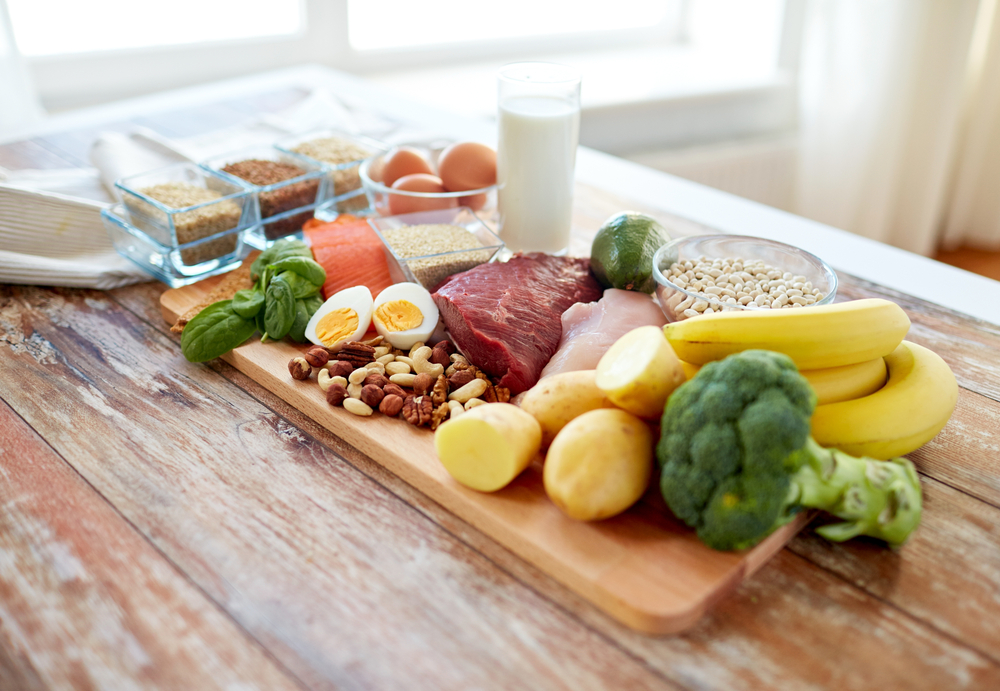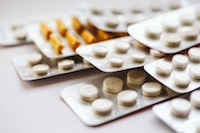- Home
- Dr Sultan Linjawi
Type 1 Diabetes
Type 2 Diabetes
Prediabetes
Gestational Diabetes
- Diabetes Information
- Testimonials
The diabetes diet is complex as we all eat differently. There are some simple things we can do to make it easier.

DO YOU WANT TO GET YOUR DIABETES UNDER THE BEST CONTROL?
Click the program that best describes your situation.
With so much in the media on diet lately – paleo, 5:2, low GI, low carb/high protein, high carb/low protein, Atkins etc… How on earth are we supposed to know what to eat to prevent type 2 diabetes, or, more importantly what caused the problem to start with?
Sugar, fat, carbs, have all had their spot in the limelight, copping the blame for our health woes. But what does the evidence say?
Sugary Drinks
It's not clear whether high fructose corn syrup or extra calories in the form of sucrose (table sugar) are the culprit. But, soft drinks are directly related to an increased risk of type 2 diabetes and obesity. Often they are consumed as well as food and may add as many calories as the meal itself into your daily allowance.
Is It Just The Western Way?
Apart from sugary drinks, there is not a single food to blame for diabetes, but rather a whole way of life. Munching on a diet high in refined carbohydrates (white bread, sugary snacks and desserts), red meat, processed meat (sausages, burgers, and the like) and full fat dairy -increases the risk of developing diabetes by 60% – even without considering other risk factors like obesity. It’s thought the Western diet increases whole-body inflammation, which has been linked to insulin resistance- the precursor to type 2.
The challenge is always how do interpret all these studies that blame one food or another. There are literally dozens of studies that promote or blame almost every single food that we eat. That is clearly unlikely to be the case and we need to find a way to filter this enormous overload of studies saying 'this or that'. The trouble is they are right and wrong…
Looking for diabetes and diet videos?
Check out our latest diabetes videos for more great content.
It Is All About You...
In simple terms if you are overweight you will increase the chance of going on to develop insulin resistance and that may well lead to diabetes.
The really useful question is, "Why are YOU overweight"? Maybe you drink soft drinks to excess, or eat too much rice? Perhaps you love cakes and candy, or rather, you consume kilograms of meat every week? Maybe you drink too much alcohol?
Whatever it is that YOU do - that is what YOU need to change. Weight gain is a personal experience and to lose weight, improve insulin resistance and maybe reverse diabetes it needs a personal solution.
Please see the following articles for more information:
- Why do we eat when we are not hungry?
- Yo-Yo Dieting – More serious than just gaining weight!
- Diabetes and diet in pregnancy
- The “Diabetic Diet”: When did it begin and how has it change?
- Should I follow a low carb diet if I have diabetes?
- Is fruit juice good for you if you have diabetes or prediabetes?
- Have you ever thought that it would be great to be one of those people that can eat junk and not gain weight?









